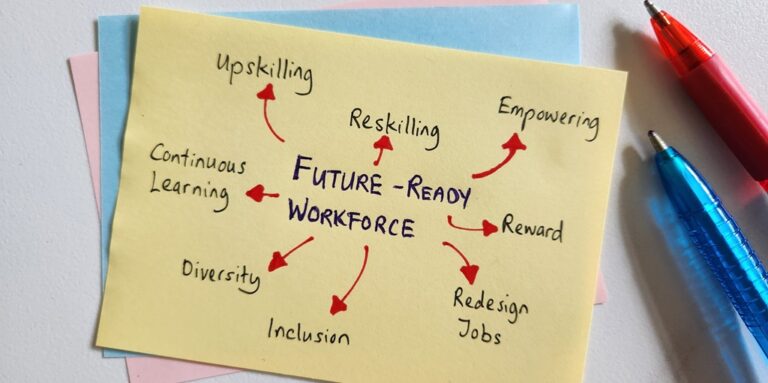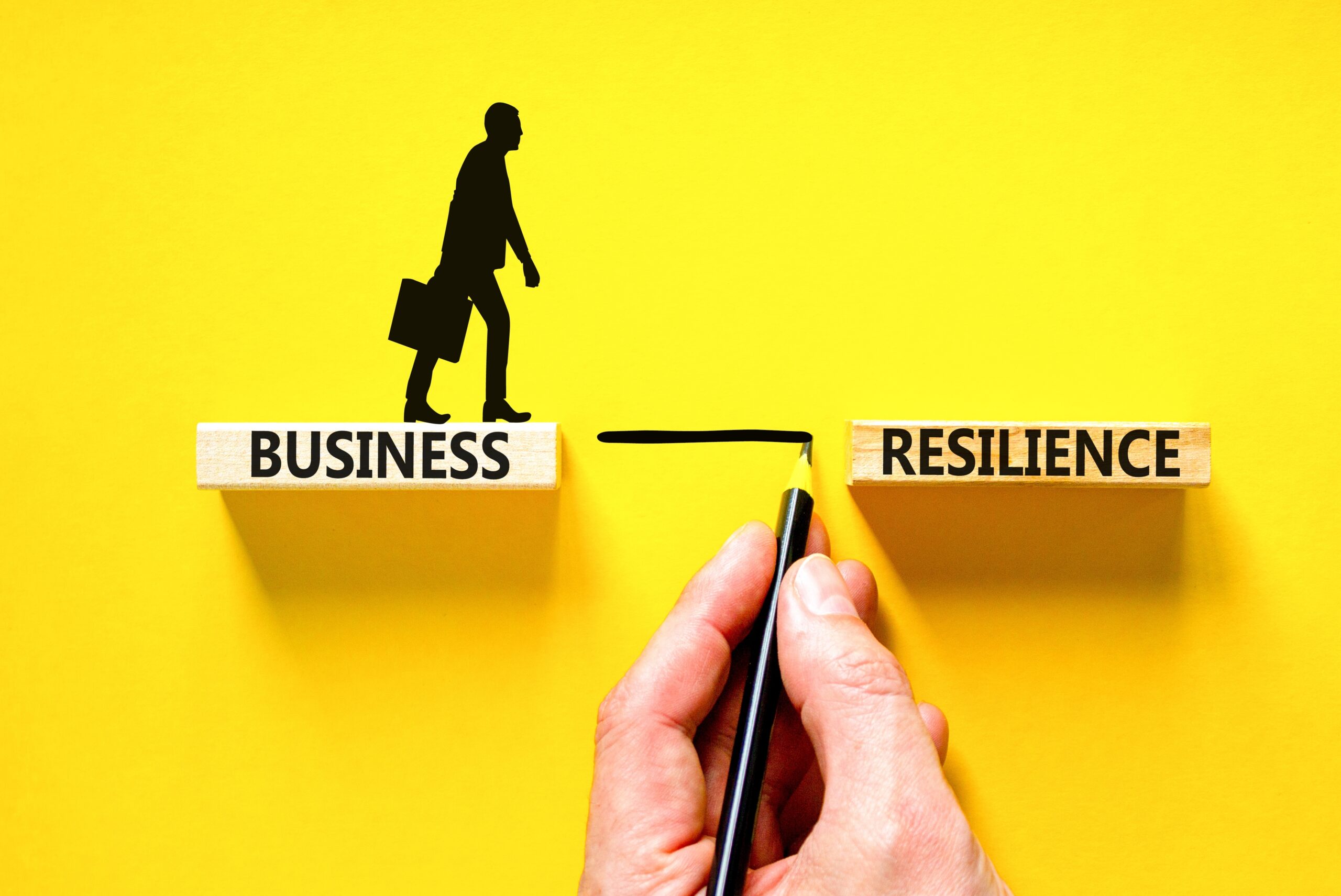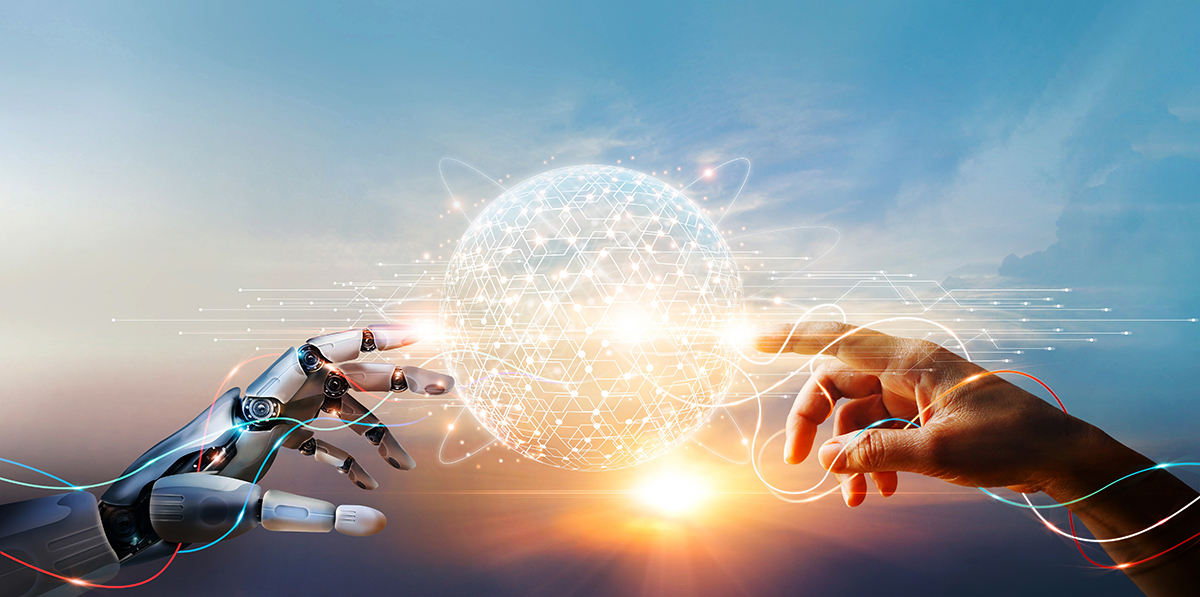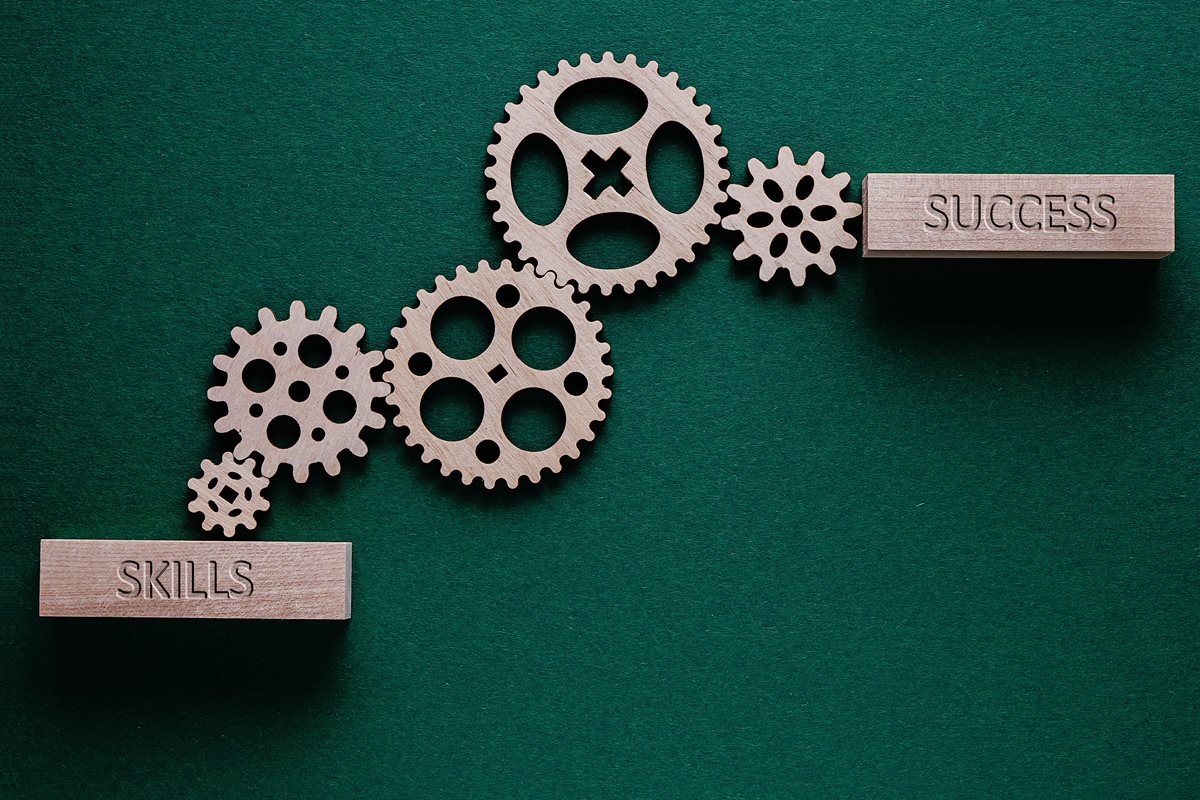Even in journalism – one of the most human-driven industries in the world – generative artificial intelligence (GAI) has made its mark.
While robots do not write full articles, it is no longer far-fetched to say that AI has become an integral part of The New York Times’ newsroom. It not only collates and analyses vast amounts of data for stories, it also crafts headlines, summaries, and other written content. Enhancing accessibility for readers, it also makes producing audio versions and translations of articles easier, with automated-voice technology and translation models.
For the first time in history, two of the 15 winners of the Pulitzer Prize for journalism this year disclosed the use of AI in their works.
Yes, the AI future is already here. Some 75 per cent of knowledge workers across the world are reported to have used GAI, a number that has doubled in just six months, according to the 2024 Work Trend Index Annual Report by Microsoft and LinkedIn.
It is evident that GAI brings many benefits to our workflows, no matter the industry. But the impact it has will vary, depending on who can best leverage its potential.
Thus, organisations need to implement revised strategies so their employees are prepared to embrace the change. The learning and development solutions of old needs to be updated to meet the demands of the new age of AI.
The Need for Change Leaders
Like any other major advancement, corporate leaders play a vital role in the AI revolution. While the use of this technology has become increasingly prevalent in the workplace, a mindset shift is still needed.
Despite recognising that GAI increases job satisfaction and helps them save time, focus on high-priority tasks, and boost creativity, more than half of those who use it are afraid that it makes them look replaceable.
To help their employees fully embrace AI and its opportunities, leaders must ease their worries. By conveying its benefits and setting out a clear plan for implementation, they can foster a culture where everyone feels secure, ensuring a smooth transition.
Leaders need to also be forward-thinking, willing to take risks, and proactive in finding new opportunities and solutions to maximise the use of AI.
This is why the Singapore Institute of Management (SIM) highlights the importance of systems leadership in its SIM Academy programmes. These hone the necessary skills and instil the right mental models that promote adaptability, innovation, and positive change that is needed for an organisation to thrive alongside AI.
Prioritising Learning and Unlearning
But as we push ahead with the AI transformation, we need to be aware of the people that are left most vulnerable. Consulting giant McKinsey & Company found that those who work lower-wage jobs are up to 14 times more likely to need to seek new employment. To do so, many would also have to develop new skills.
Upskilling and reskilling have to be prioritised – for all levels within the organisation – to ensure no one gets left behind. But for success, learning also means to unlearn.
“The illiterate of the 21st century will not be those who cannot read and write, but those who cannot learn, unlearn, and relearn,” noted futurologist Alvin Toffler in his 1970 book Future Shock.
Half a century on, the quote still rings true. Developing new skills alone is not enough, especially when our existing assumptions and behaviours become obstacles. We need to be willing to unlearn.
It is not just about letting go of past ways of thinking and behaving though. We must also be open-minded and embrace latest methods, even if they contradict our previous understanding.
This mindset shift is built into all corporate learning programmes at SIM, including the Systems Thinking and Systems Leadership courses that every employee at SIM Academy is required to complete, depending on their level of seniority.
In collaboration with Project Zero, a research centre at the Harvard Graduate School of Education, our Navigating Transitions Successfully at Work programme focuses on three aspects of unlearning to relearn – mindsets, habits, and systems.
The Irreplaceable Human Elements
As we unlearn our past habits, there is one question that needs to be answered: “What skills are important in the new age of AI?”
The answer is simple. Besides the obvious AI skills, we need to bring to the table capabilities that robots lack – human-centric skills. These soft skills – such as critical thinking, emotional intelligence, empathy, and problem-solving – enable us to relate, sense-make, and create in our unique ways.
For instance, even though The New York Times uses machine learning and generative AI to assist with content creation, it still puts a heavy emphasis on human guidance and review. Journalists manage and vet everything produced by AI, ensuring that the stories published are factual and carry the human touch.
At SIM, we have identified several skills – sensemaking, critical and generative thinking,
“We need to reengage the fundamental human skills that have allowed us to thrive across the ages,” explained the Chief Executive Officer of the SIM Academy, Ho Seong Kim. “Essentially, humans need to be more human. These skills, augmented with GAI, will be what is needed going forward.”
For example, a successful sustainability manager needs to possess skills beyond technical knowledge to fulfil their responsibilities. Our SkillsFuture Career Transition Programme’s Sustainability Manager course ensures they are ready to drive initiatives and engage with multiple stakeholders. This is through modules, such as Systems Thinking and Stakeholder Engagement, that explore communication and collaborative techniques.
At SIM Academy, we can work with you to identify the talent gaps in your team and recommend courses that meet their specific needs.
Embracing AI at work will be the difference between a thriving organisation and one that merely keeps pace. Just as technology and the workplace continue to evolve, so too should the skills of employees. By keeping up with current trends and reimagining employee learning strategies, we can maximise the benefits of GAI.
With a comprehensive suite of integrated learning solutions, SIM Academy can help your organisation effectively tackle the AI revolution. Email us at simacademy@sim.edu.sg for more information.







